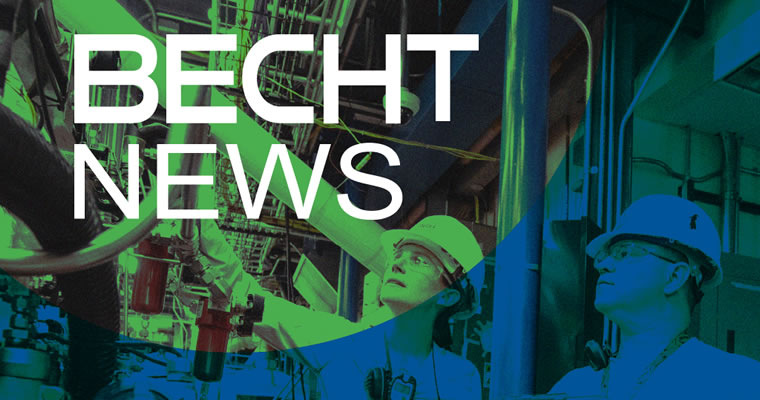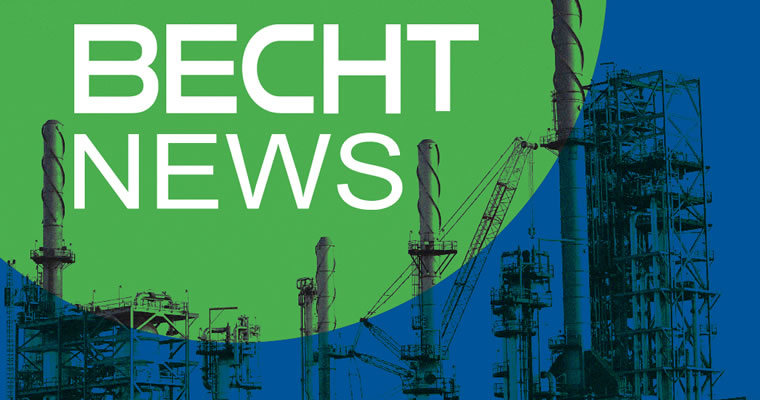Shutting Down and Idling a Hydroprocessing Unit Safely Without a Catalyst Change
A topic that frequently comes up in consultation is how to posture a hydrotreater or hydrocracker when a short, temporary shutdown is needed (with no catalyst change). These short outages can last from a few hours to a few weeks and sometimes, rarely, a few months. Often, the biggest choice in how to posture a […]




